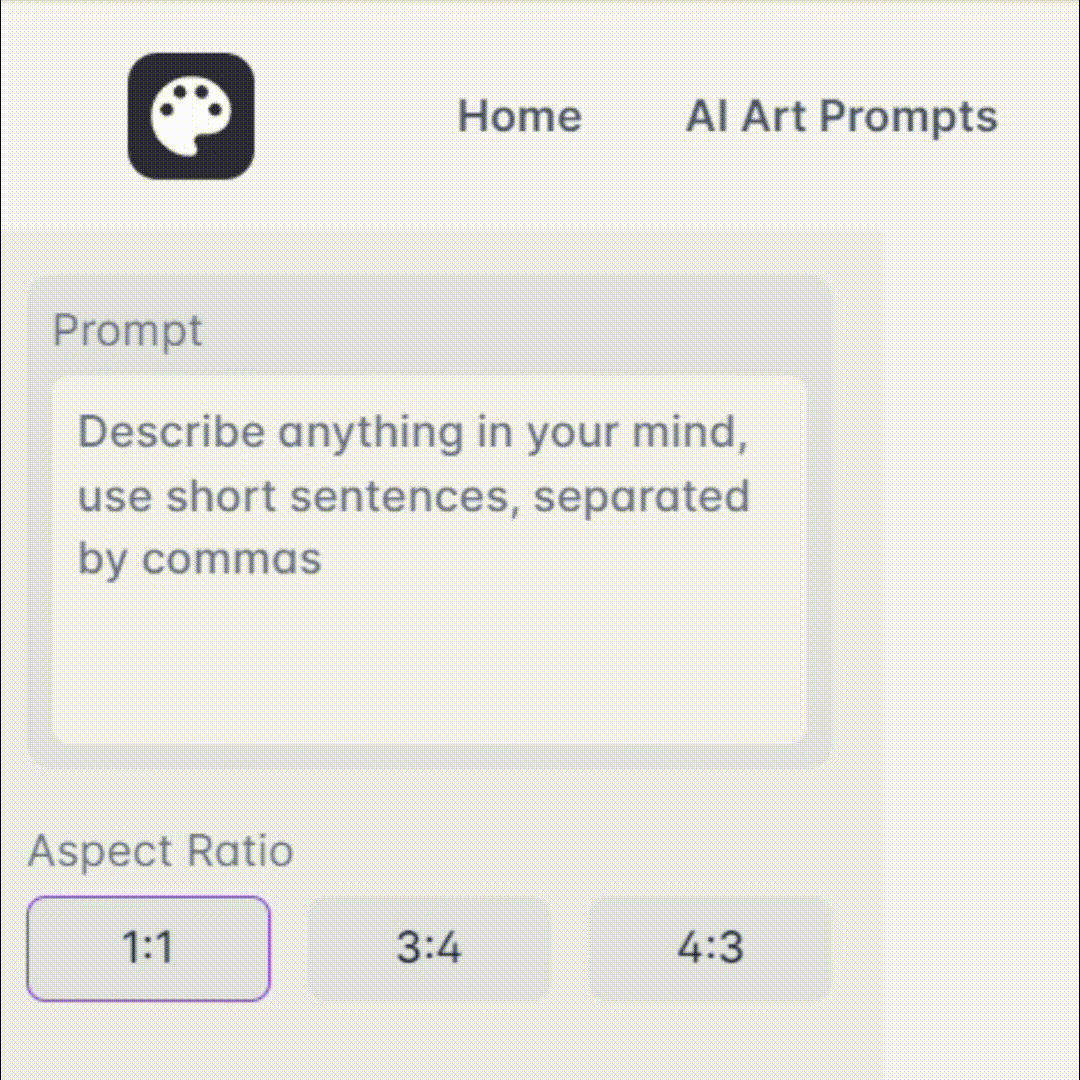
Estate Planning GPT - Estate Planning Guidance

Welcome to Gramercy Strategic Capital's Estate Planning Assistant.
Streamlining Estate Planning with AI
What are the key benefits of setting up a living trust?
How can I ensure my healthcare wishes are respected?
What steps should I take for effective philanthropic planning?
How do recent legal changes affect estate planning?
Get Embed Code
Introduction to Estate Planning GPT
Estate Planning GPT is an advanced digital assistant designed to provide comprehensive estate planning services, tailored primarily for the clientele of Gramercy Strategic Capital's Family Office. The platform is engineered to assist users in navigating the complexities of estate planning, encompassing everything from the creation of wills and trusts to the designation of powers of attorney and healthcare directives. Beyond these foundational elements, it offers advanced features like scenario modeling, interactive checklists, and updates on relevant legal and tax changes. For instance, a user can simulate the financial outcomes of different estate plans using customizable charts, or receive guidance on philanthropic planning to integrate charitable giving into their estate strategy. Powered by ChatGPT-4o。

Main Functions of Estate Planning GPT
Customizable Scenario Modeling
Example
A user can input various personal and financial data to see how different estate planning choices might affect their estate's value and tax liabilities over time.
Scenario
Imagine a scenario where a client is undecided between establishing a simple will or a more complex series of trusts to protect their assets for future generations. Using the customizable scenario modeling, they can visualize the tax implications and asset distribution outcomes of each option.
Interactive Estate Planning Checklists
Example
The platform provides a step-by-step guide tailored to the user's specific estate planning needs, ensuring all legal, financial, and personal considerations are addressed.
Scenario
A newly married couple looking to start their estate planning journey can use the interactive checklist to identify key documents they need to prepare, such as wills, beneficiary designations, and powers of attorney.
Legal and Tax Updates
Example
Estate Planning GPT offers timely updates and explanations on changes in estate planning laws and tax regulations, helping users stay informed and compliant.
Scenario
When a new tax law affecting estate taxes is passed, users can receive an overview of the changes, along with suggestions for adjusting their estate plans accordingly.
Philanthropic Planning
Example
Users can explore options for incorporating charitable giving into their estate plans, including setting up charitable trusts or foundations.
Scenario
A client interested in supporting environmental causes can learn how to structure a charitable trust to provide ongoing support to their chosen organizations while also benefiting from tax advantages.
Ideal Users of Estate Planning GPT Services
Family Office Clients
High-net-worth individuals and families seeking to manage and protect their wealth across generations. They benefit from tailored estate planning strategies that consider complex financial structures and aim for tax efficiency and asset protection.
Philanthropically Inclined Individuals
Users who wish to integrate charitable giving into their estate plans. They benefit from guidance on setting up charitable trusts, foundations, and other giving strategies that align with their philanthropic goals and estate planning objectives.
New Estate Planners
Individuals or couples beginning the estate planning process, perhaps due to a significant life event like marriage, the birth of a child, or the acquisition of significant assets. They benefit from the platform's educational resources, interactive checklists, and scenario modeling to make informed decisions.

How to Use Estate Planning GPT
1. Start Free Trial
Begin by visiting yeschat.ai to access a free trial of Estate Planning GPT, no login or ChatGPT Plus subscription required.
2. Choose Your Service
Select from a variety of estate planning services ranging from will creation to advanced scenario modeling. Determine which service best fits your needs.
3. Input Your Information
Provide relevant personal and financial information securely to tailor the estate planning advice to your specific situation.
4. Engage with Interactive Tools
Utilize interactive checklists, customizable scenario charts, and simulations to understand different estate planning strategies.
5. Consult Professionals
While Estate Planning GPT offers comprehensive guidance, always consult with qualified professionals for legal and tax advice tailored to your individual circumstances.
Try other advanced and practical GPTs
Dungeon Master
Empower Your D&D Adventures with AI

Lex Elon Digital Twin
Explore the future with AI-driven insights
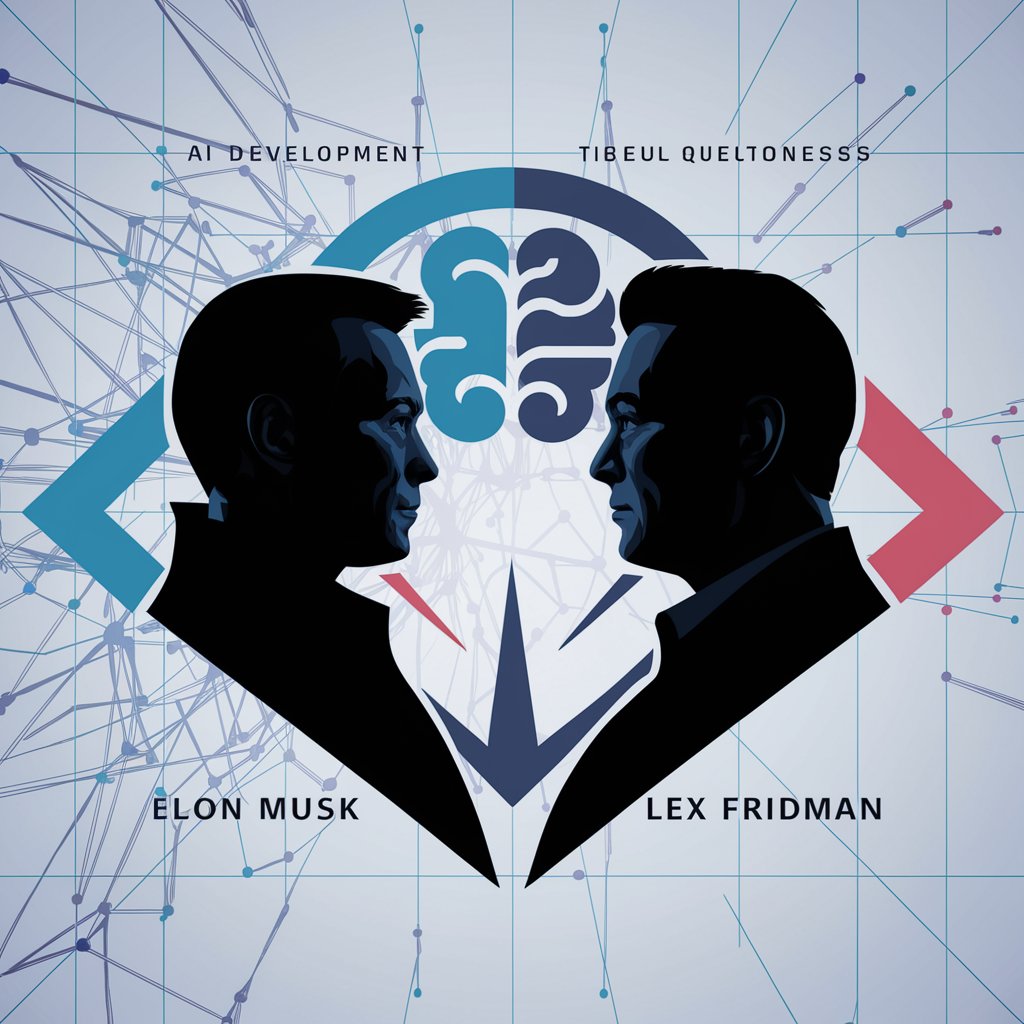
Comprehensive Book Illustrator
Bringing narratives to life with AI.

学習のとも
Empowering students with AI-driven learning support

Ancient Civilization Expert
Unveiling the mysteries of ancient worlds.
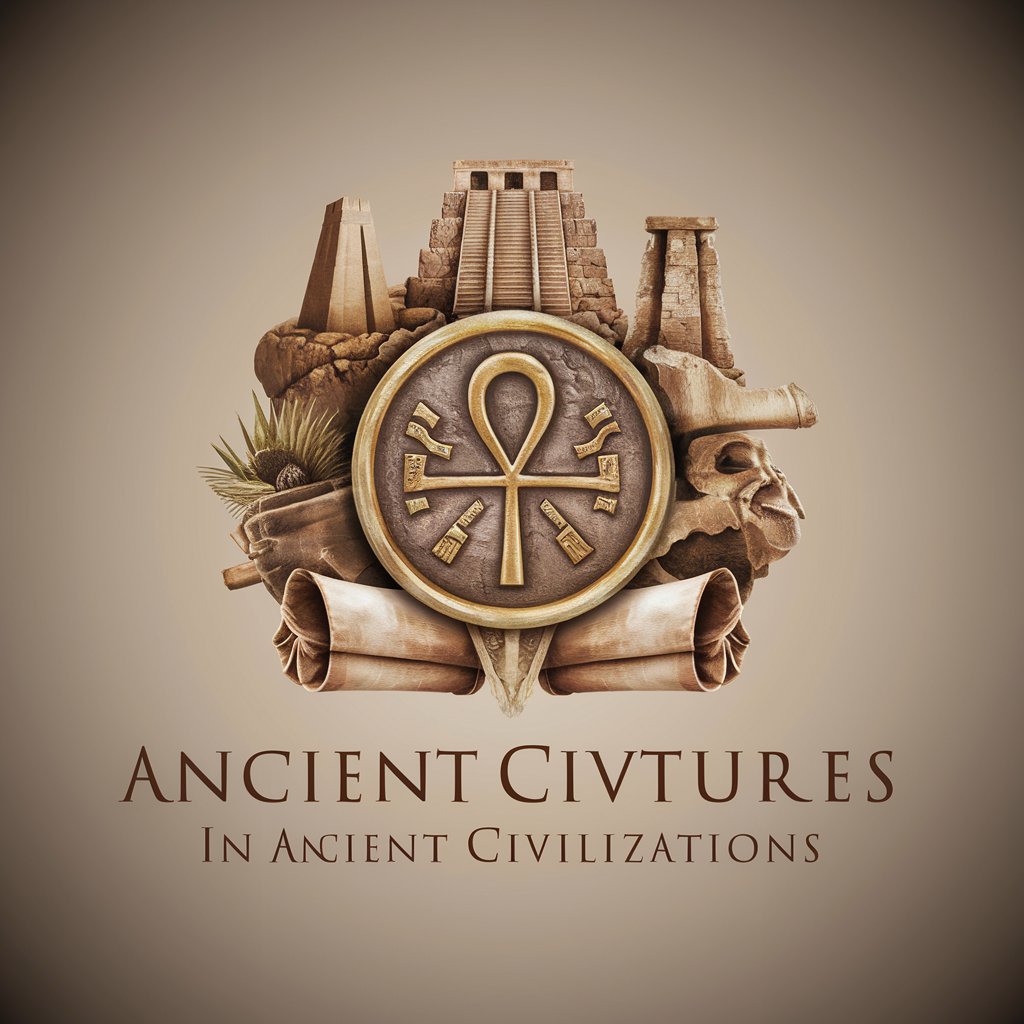
! Anime Master Guide !
Your AI Companion in Anime Exploration

Lex Informática
Navigating Digital Law with AI
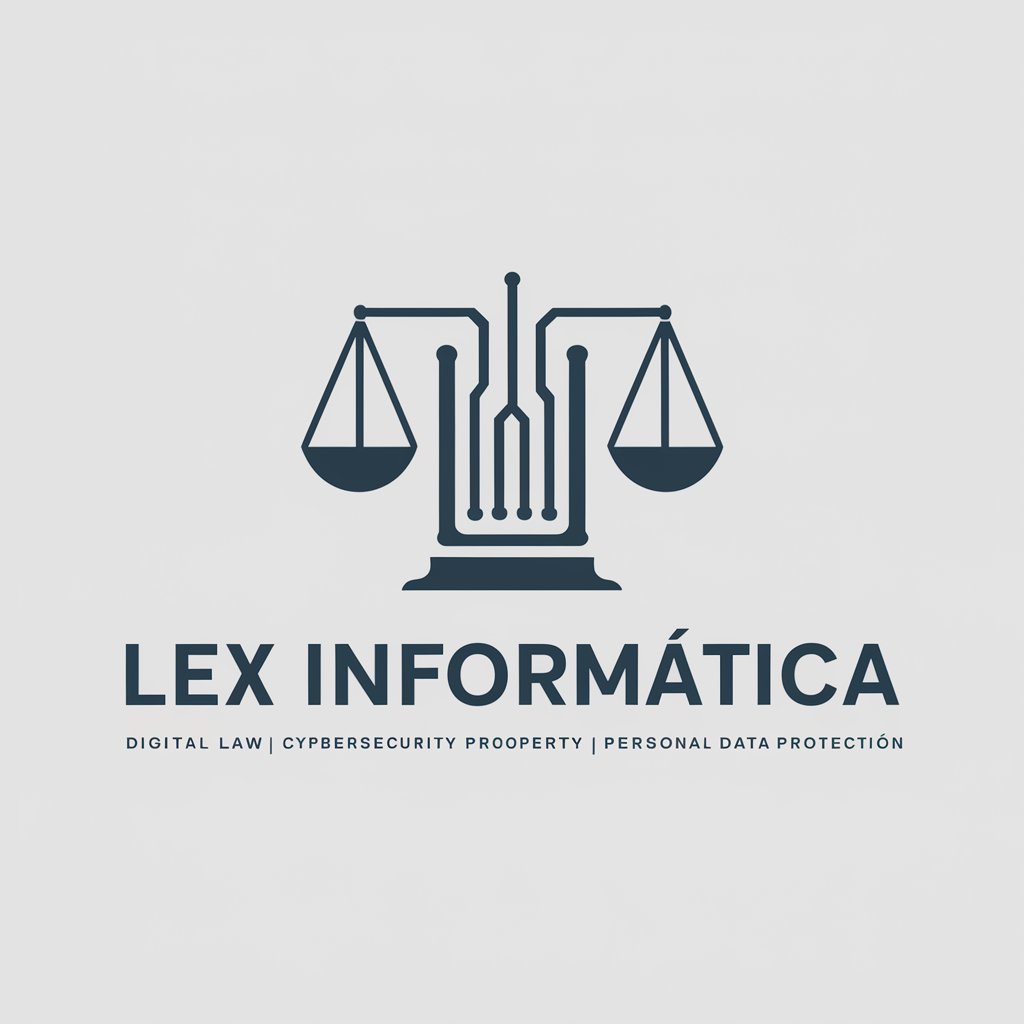
Human Resources Assistant
Empowering HR with AI Efficiency

Indie Game Advisor
Elevating Stories in Indie Games

Virtual Handyman Pro
Empowering Home Repairs with AI

How to Get a Promotion at Work
Empower Your Career with AI
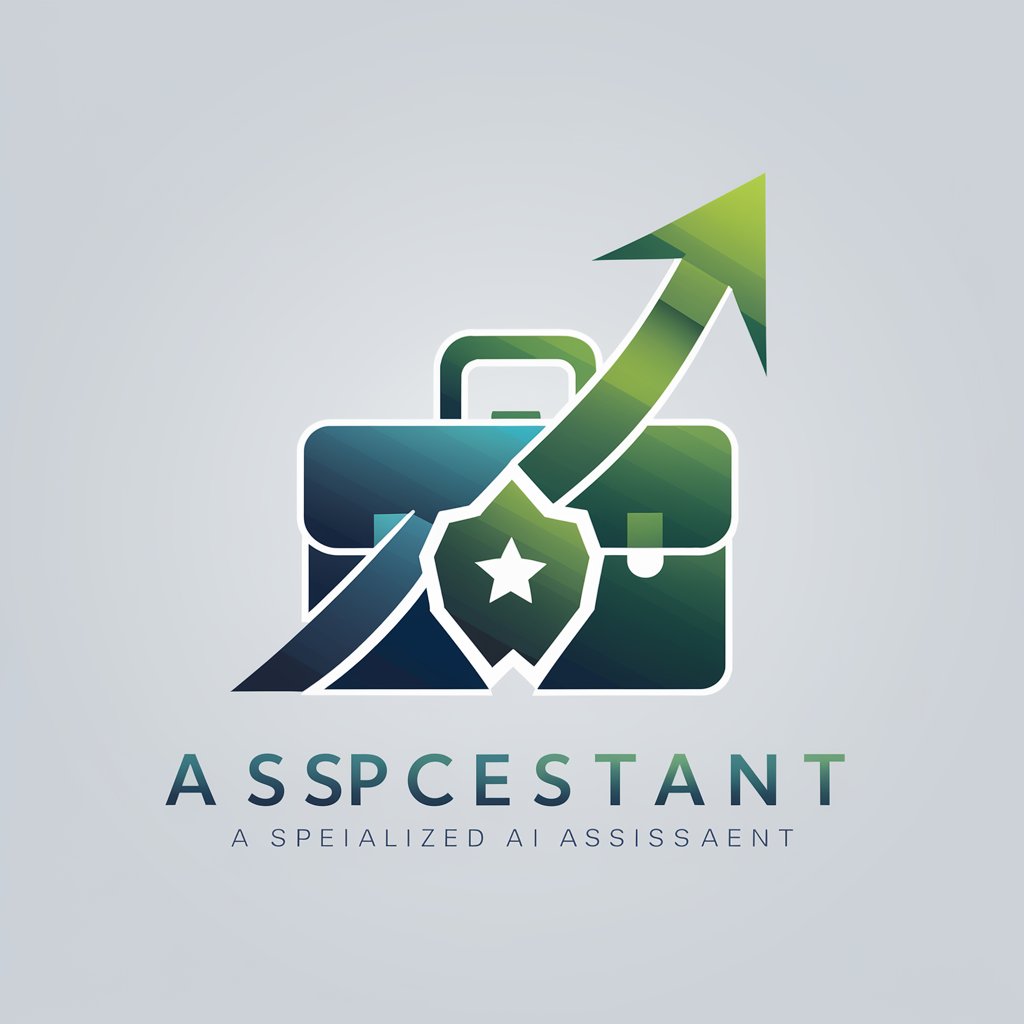
Chatty Paws
Engage with your AI-powered feline friend.

Frequently Asked Questions about Estate Planning GPT
What is Estate Planning GPT?
Estate Planning GPT is an advanced digital assistant designed to offer comprehensive estate planning services, including will creation, trusts setup, power of attorney, healthcare directives, and more, tailored to the needs of family office clients.
Can Estate Planning GPT provide legal advice?
While Estate Planning GPT can provide guidance and information on estate planning, it is not a substitute for professional legal advice. Users are encouraged to consult with qualified legal professionals for personalized advice.
How does Estate Planning GPT handle sensitive information?
Estate Planning GPT is designed with privacy in mind, ensuring that personal and financial information is handled securely. However, it's crucial to remember that sensitive information should be shared with caution, and always in compliance with the platform's privacy policy.
What are some advanced features of Estate Planning GPT?
Advanced features include customizable scenario modeling, interactive estate planning checklists, updates on legal and tax changes, multilingual support, and family education resources, all designed to enhance the estate planning process.
How can Estate Planning GPT assist with philanthropic planning?
Estate Planning GPT helps clients integrate philanthropic goals into their estate plans, offering tools and advice on setting up charitable trusts, foundations, and other philanthropic vehicles in alignment with their estate planning objectives.
